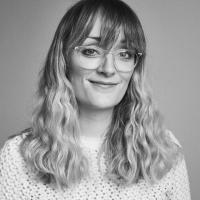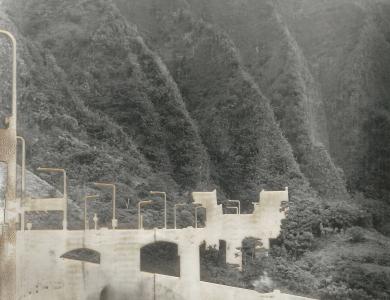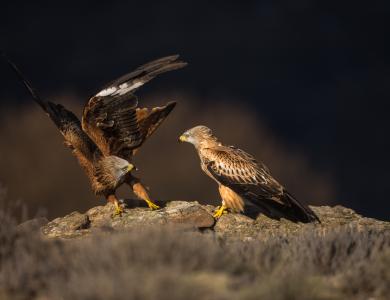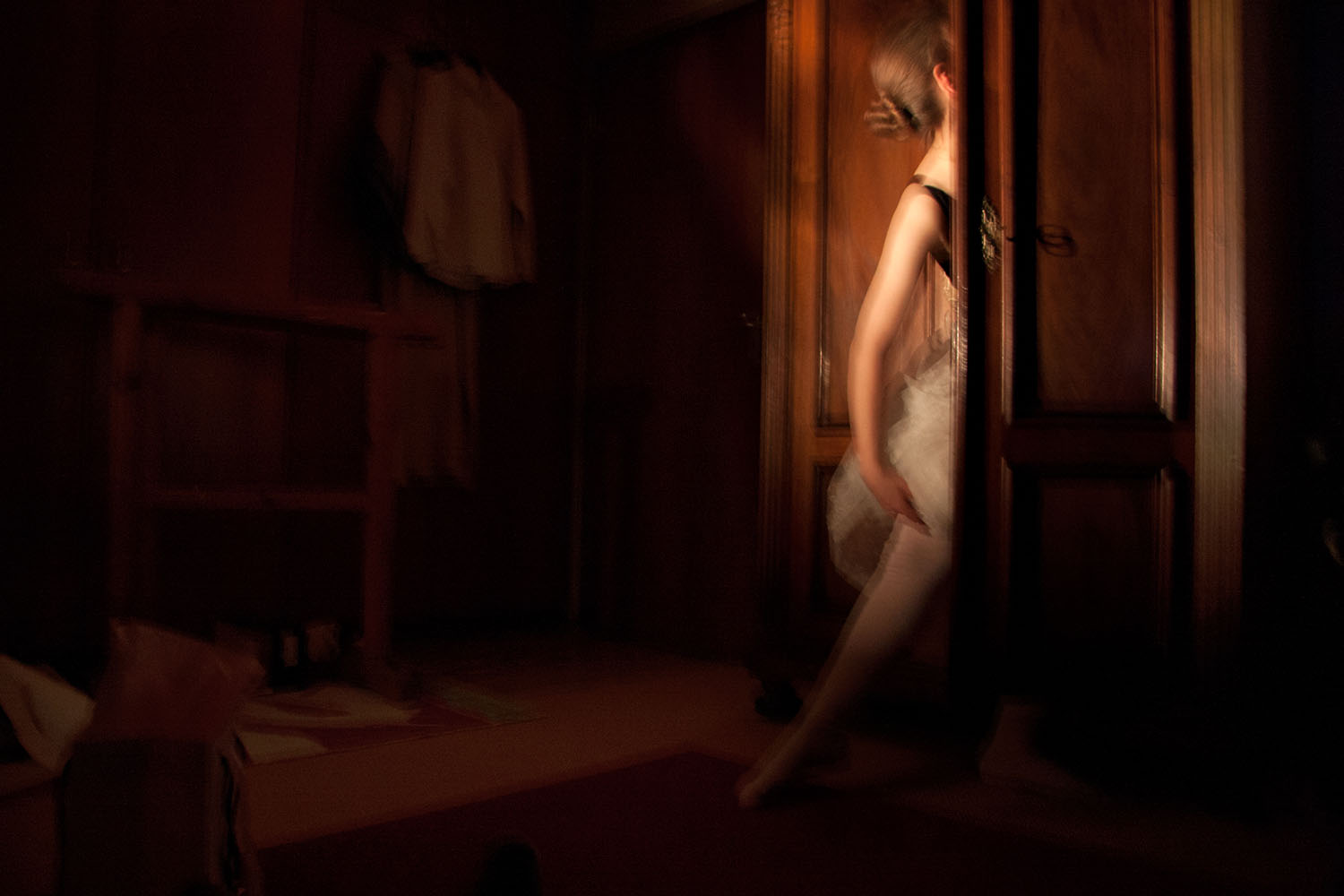
Sarah Schrimpf is at an exciting point in her career as a photographic artist. Enjoying the final stage of her academic studies, Sarah is starting to gain recognition for her work in the world of fine art photography. A small selection of her photographs is currently on show at the Venice Biennale. Now in its 58th year, the six-month festival is one of the most prestigious and popular concept-driven art fairs. To exhibit a piece or project is a goal many artists strive for their whole careers, so for Sarah to be included so early in her profession is testament to her talent and intellect.
Still in her early twenties, Sarah has taken a rich and fulfilling approach towards her higher education. Since 2012 Sarah has studied in some of Europe’s most prestigious art institutions. Spending time in Munich, Paris, Cracow, Marseille and Lodz, Sarah has experienced photography, filmmaking, graphic arts, design and cinematography, giving her an impressive insight into different creative practices. This Renaissance attitude to learning has fed into Sarah’s ability to balance ideas with vision and modernity with tradition. She has tackled personal subject matter with maturity.
Five years into her studies, Sarah entered the Sony World Photography Awards’ Student competition. The competition aims to showcase those likely to shape the future photography industry. While Sarah didn’t receive the coveted award, she was one of the three recipients of the Student Grant. Funded by Sony and introduced in 2017, the Student Grant was set up to create more opportunities for individual photographers recognized in the Awards. Each recipient was given $3,500 (USD) worth of the latest Sony digital imaging equipment and briefed to work with the other recipients as a collective to create a project exploring a particular brief.
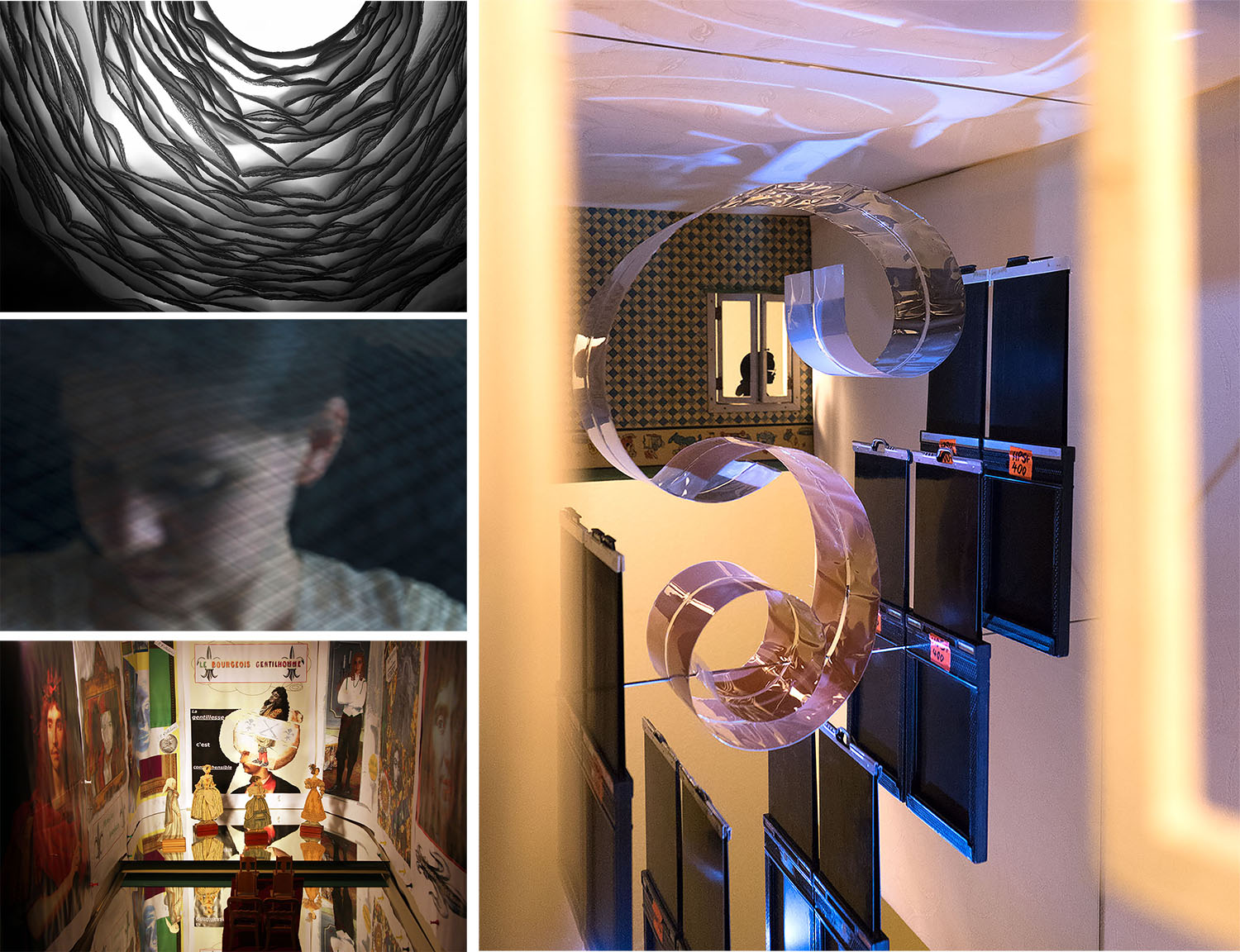
Sarah reveals how her Biennale success was a direct result of the Grant: ‘Last June the GAA Foundation invited me to exhibit my work at this year’s festival after seeing my work for the Student Grant at the 2018 Sony World Photography Awards Exhibition,’ she says. The foundation is a non-profit organization supporting and raising awareness of artists exploring philosophical themes. The foundation hosts a group show at Venice’s European Cultural Centre during the Biennale.
‘I have four images on show, each depicting my development as a photographer. The first picture is from my submission to the Academy of Fine Arts in Munich when I applied for my undergraduate degree; the second is a portrait from the series Out-Side, which was shortlisted in the 2017 Student competition; the third image is from my Student Grant project; and the fourth is something completely different, totally new. The final image is a reflection of where I’m at now with my photographic practice.’
Sarah reveals how integral the accompanying text was for the display. She explains how putting pictures with words is something photographers must learn to do - be it writing a supporting statement, putting together a book introduction, creating captions or even coming up with the right title for a project.
‘While I’m a photographer, not a journalist, writing is an important and revealing part of building a body of work. The words are there, waiting to inform and enhance the photographs. I was lucky as I had a very good teacher and he was excellent at giving advice.'
‘While I’m a photographer, not a journalist, writing is an important and revealing part of building a body of work. The words are there, waiting to inform and enhance the photographs. I was lucky as I had a very good teacher and he was excellent at giving advice.
‘I learned it's always best to be clear. Never use a long word where a short one will do and avoid any jargon – your readers will become lost and disinterested. I’ve seen a lot of photographers using quotes, some have a mixture of quotes from classic and more contemporary figures, a John Ruskin quote alongside one written by John Berger, for example. While I didn’t use quotes (my project was too personal) I think it can work.’
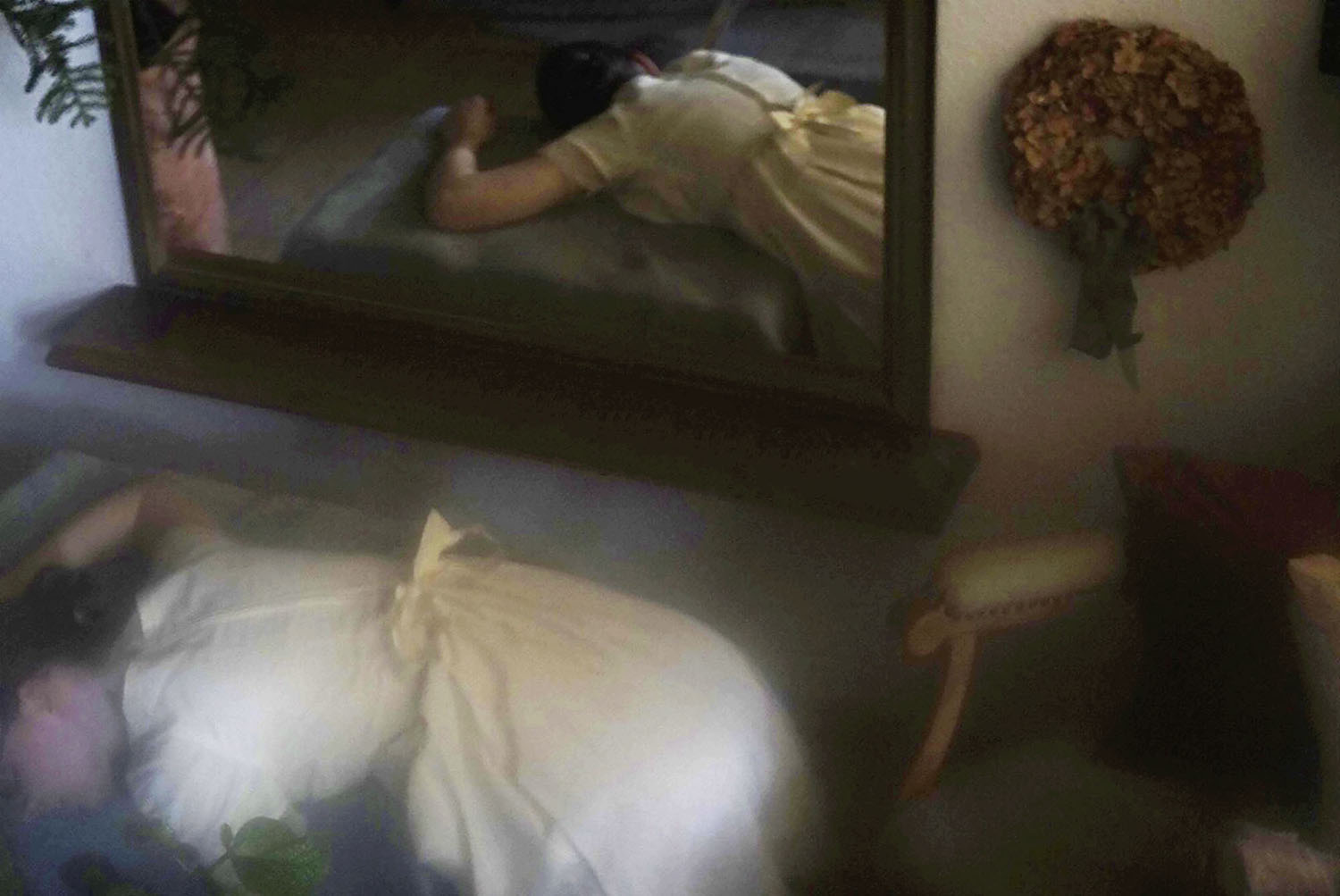
She continues: ‘I found brainstorming before writing was super helpful. I wrote everything that came to mind, including what I wanted to keep secret. I’d take regular breaks during this part of the process, I’d go for a walk and let those ideas percolate. Once I felt happy with the first draft I left it for a few weeks before rereading it to make sure I was totally satisfied. When I did return to the piece, I didn’t want to change much - just a few tweaks - and so then I showed it to others to ask for their feedback.’
The conversation diverges to funding, another topic paramount to any artist wishing to focus more on personal projects. Sarah enthuses: ‘I’m so pleased this has come up! The whole process is really time-consuming, so I implore everyone applying for grants and funding to keep at it. I do believe the more effort you put in the more you will get out of it.
‘Do question if the institution you’re approaching for funding is the right fit for your work – they have to be right for you as much as you being a good match for them.’
‘I’d also encourage people to network. I was invited to Berlin for the Sony World Photography Awards Traveling Exhibition and World Photography Organisation founder Scott Gray introduced me to Gisela Kayser, the Managing Director and Artistic Director of Freundeskreis Willy-Brandt-Haus. Both Gisela and Scott gave me a lot of advice, which was incredibly kind and kept my spirits up when I was receiving a lot of rejections!
‘Initially, I went for the bigger institutions – I thought they’d have more money so I had a better chance of being given funding. I actually found by going to more local organizations, was far more effective. Remember, the people who are reading your application might have seen your work or know your university well. It really is so important to read through each institution's criteria to make sure your application reflects what they’re after. Do question if they’re the right fit for your work – they have to be right for you as much as you being a good match for them.’
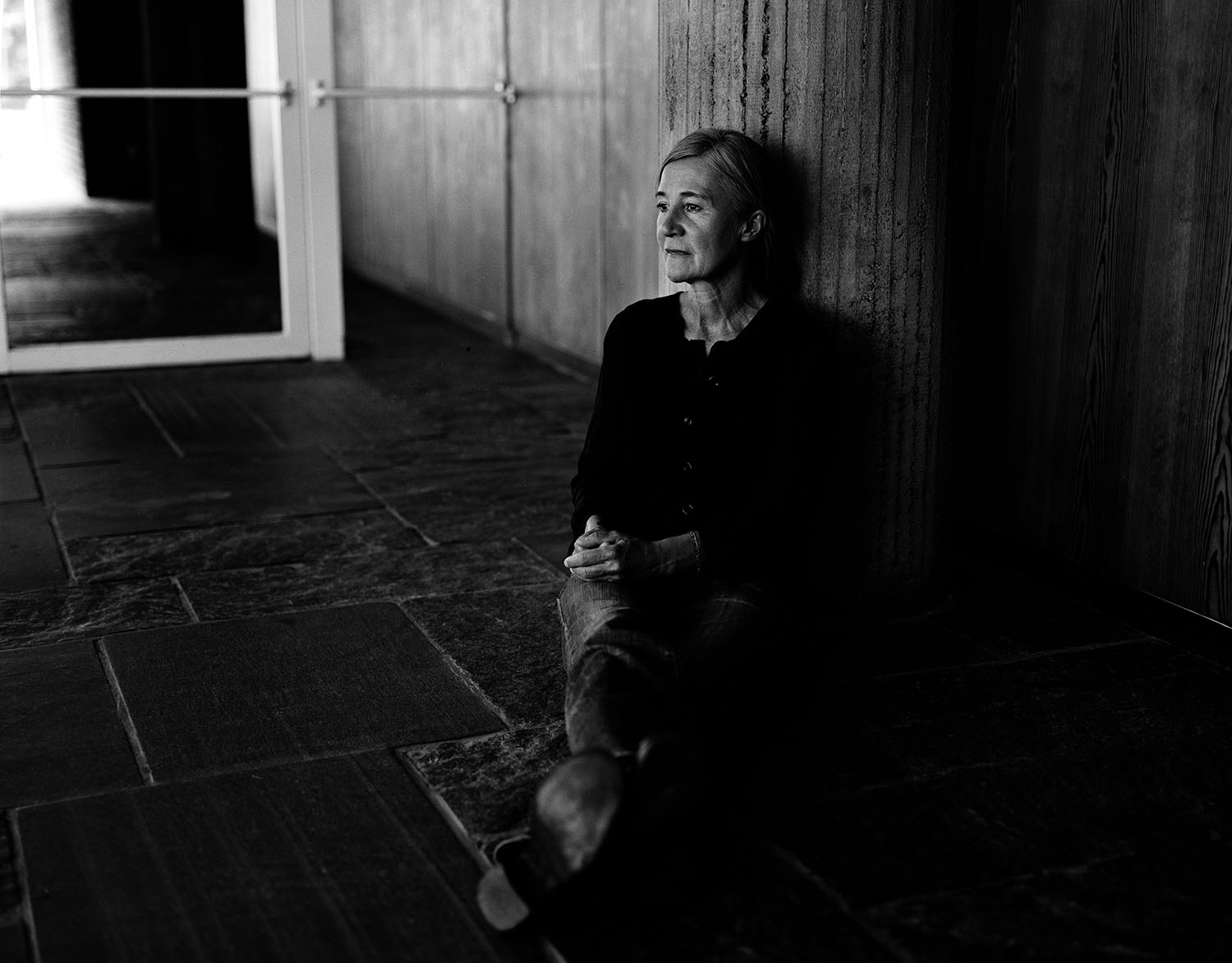
As Sarah continues to discuss where she is with her work, she explains how there are typical issues photographers face – such as isolation, direction, identity, satisfaction, completion and growth – yet exploring one’s own personal practice is an exciting, albeit challenging, undertaking. There is no correct or incorrect route, the challenge is to find your own way of doing things.
Discover more of Sarah’s work here.
If you are a student based in China find out about the China National Student Award here.

